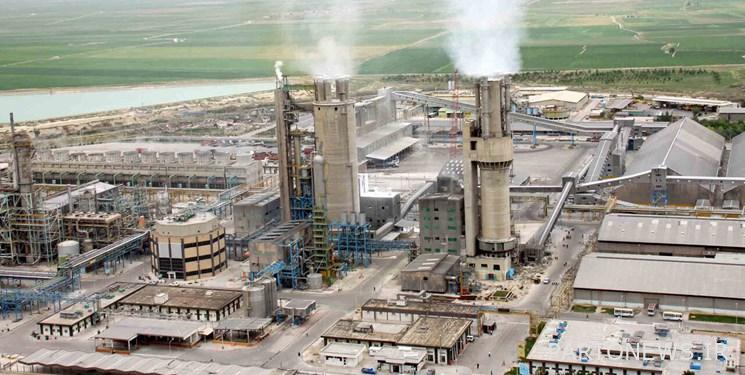Parliament’s decision on astronomical rent of semi-raw materials / elimination of tax exemption for methanolic petrochemicals missed

Hadi Beiginejad, a member of the Energy Commission of the Majles and a member of the Budget Consolidation Commission 1401, in an interview with Fars News Agency, told the economic correspondent of Fars News Agency about the government’s decision to compile a list of crude and semi-crude oil, gas and petrochemicals whose export revenues are taxed. 1400 clauses were introduced by the government to determine the raw and semi-raw materials, so that by eliminating the tax exemption on the export revenues of these materials, the producers would move towards the development of the value chain in the oil industry.
He added: “Currently, petrochemicals export their raw and semi-raw materials and their export earnings are also tax-exempt. It is natural that when incentives are placed on the export of raw and semi-raw materials, there is no incentive to complete the chain, so eliminate tax exemptions.” The export of these materials is an expert step for the development of the chain in the petrochemical industry.
* Astronomical rents to methanolizing petrochemicals by granting tax exemptions
“But when you look at the government’s decree on this, you see that some semi-raw materials, such as methanol, have been excluded from the list, and their export earnings will still be tax-exempt,” Beiginejad said.
A member of the Energy Commission of the Majles said: “It is not clear for what purpose and for what reason the government has exempted methanolizing petrochemicals from export tax. These petrochemicals have very high profit margins (40-50%) and are semi-crude sales. The tax exemption will continue for them.
He added: “In my opinion, in the government’s list for determining semi-raw materials, items such as methanol have been lost by the government and they have not paid attention to adding it to the list or have given astronomical rents to these profitable petrochemicals in a pessimistic state.” In the 1401 budget bill, steps should be taken to correct this issue.
* Parliament’s strategy to amend the government resolution in the 1401 budget bill
According to Fars News Agency, about 12 million tons of methanol are produced annually in the country, 95% of which are exported, and investors are not interested in completing the methanol chain and producing more valuable products such as propylene and its derivatives. This has led to about $ 1 billion a year from the country’s resources being spent on importing propylene derivatives to supply raw materials for the complementary industries.
This year, paragraph (d) of the 1401 budget bill states: “Income from exports of minerals and mineral products and mineral industries, oil products, gas and petrochemicals in raw and semi-raw form in all parts of the country is taxed. The definition and list of the mentioned raw and semi-raw materials shall be prepared on the joint proposal of the Ministries of Economic Affairs and Finance, Industry, Mines and Trade and the Iranian Chamber of Commerce, Industries, Mines and Agriculture and shall be approved by the Cabinet within three months.
There is still a legal way to correct the mistake of the government expertise in granting special privileges to gas feed petrochemicals, and the deputies of the Eleventh Parliament can separate methanol and other semi-raw materials from the list of semi-raw materials in paragraph (d) of Note 6 of Budget Bill 1401. Add the text of Note 6.
end of Message/
You can edit this post
Suggest this for the front page
.

